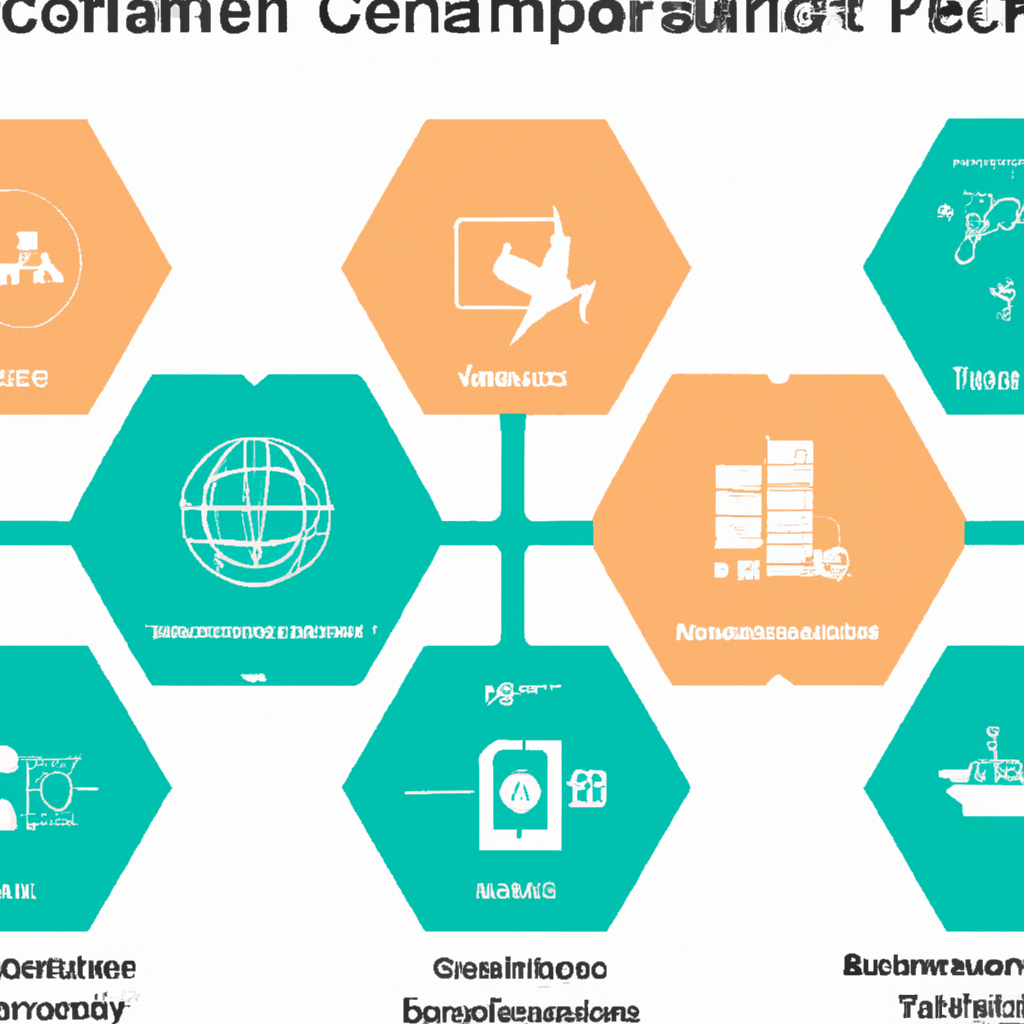How Blockchain is Revolutionizing Supply Chain Management
In recent years, blockchain technology has emerged as a game-changer in various industries, including supply chain management. The decentralized and immutable nature of blockchain makes it an ideal solution for enhancing transparency, traceability, and security in supply chains. Let’s explore how blockchain is revolutionizing supply chain management.
Enhanced Traceability
One of the key benefits of blockchain in supply chain management is enhanced traceability. By recording every transaction on a tamper-proof distributed ledger, blockchain enables stakeholders to track the movement of goods from the point of origin to the final destination. This level of transparency helps to prevent fraud, counterfeiting, and theft in the supply chain.
Improved Transparency
Blockchain technology promotes transparency by providing real-time visibility into the supply chain. All parties involved in the supply chain, including suppliers, manufacturers, distributors, and retailers, can access a single source of truth and verify the authenticity of data. This transparency helps to build trust among stakeholders and reduces the risk of disputes and delays.
Increased Efficiency
By automating processes and eliminating the need for intermediaries, blockchain improves the efficiency of supply chain management. Smart contracts, which are self-executing contracts with the terms of the agreement written into code, enable transactions to be processed faster and with greater accuracy. This streamlining of operations leads to cost savings and faster delivery times.
Enhanced Security
Blockchain technology enhances the security of supply chains by encrypting data and providing a secure and tamper-proof record of transactions. This prevents unauthorized access, data manipulation, and cyber attacks. By securing sensitive information and ensuring data integrity, blockchain helps to protect the supply chain from potential threats.
Mitigation of Counterfeiting
Counterfeiting is a major concern in global supply chains, leading to substantial economic losses and reputational damage. Blockchain technology can mitigate counterfeiting by enabling the authentication of products through digital signatures, QR codes, or RFID tags. This level of verification ensures the authenticity of goods and helps to combat the spread of counterfeit products.
Conclusion
Overall, blockchain technology is revolutionizing supply chain management by enhancing traceability, transparency, efficiency, security, and authenticity. As more companies recognize the benefits of blockchain in optimizing their supply chains, we can expect to see widespread adoption of this transformative technology in the near future.
